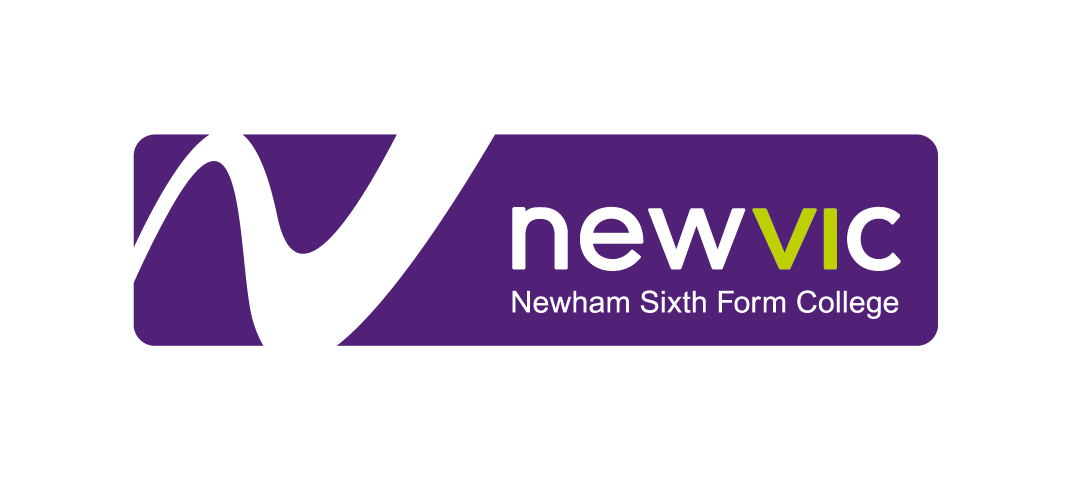Information and Creative Technology - Foundation Year
T Level - Foundation Year
This is a full-time programme which is studied over one year with progression to a T Level.
This qualification is ideal for learners who want to develop an understanding of the essential skills required to work successfully in a digital support service environment.
This qualification also allows learners to develop the skills required to solve problems, communicate and work effectively with others.
The T Level Transition Programme provides a high-quality route onto T Levels, for students who would benefit from the additional study time and preparation that it will give them before they start your T Level in Digital Support Services.
KEY TOPICS
apply your learning through practical activities
team working
working from a prescribed brief
working to deadlines
presenting information effectively
YOU WILL
gain technical knowledge and practical skills
get ready for your T Level with industry work experience and preparation
benefit from focused individual support and personal development
develop industry-related English and maths skills, and digital skills
-
A minimum of 2 GCSEs (average score of 3)
These must include:
English Language at grade 3
Maths at grade 3
All students on a Level 2 course will also be studying towards GCSE Maths and or English if they have a grade 3 or below at GCSE.
-
Assessment methods include:
Exams
Coursework
Controlled Assessments
-
This course can be taken as part of an A Level programme.
We recommend that students choose three A Levels or a combination of Level 3 Extended Certificates and A Levels. Depending on your GCSE grades and long-term destination, some students may be able to take up to four A Levels.
If you are planning on progressing to university, the majority of university courses do not require specific subjects. Most universities prefer that you are able to demonstrate skills and competance via the successful completetion of related courses. Therefore we recommend that the most important thing when choosing course combinations is that you choose a range of subjects that your enjoy and excel in.
Some courses and universities require that you take specific A Levels for entry onto their courses. Please visit: UCAS.com and explore individual university entry requirements for more information.
If you are planning on studying Medicine, Veterinary Science, Dentistry or other competitive science based courses, most universities require you to take Biology, Chemistry and either Maths, Statistics or Physics.
If you want more information on choosing your A Levels, please speak to your schools career advisor or chat to us at any of our careers or open day events.
-
Develop sought-after industry skills and tackle real-world challenges and benefit from fantastic industry placement opportunities and industry links. You will learn from experienced experts and achieve fantastic results.
We have unique links and excellent partnerships that you will benefit from.
-
Whatever support you need, we’re here for you and will make sure you get the most out of your time at college.
We have expert teams in place to look after every single one of our students.
Our specialist teams can help with:
Learning difficulties
Physical and sensory disabilities
Dyslexia, Dyspraxia, ADHD, Aspergers or other specific learning difficulties
Mental health, counselling and wellbeing
Exam access arrangements
Money, finance and bursary advice
Careers advice, job and university applications
-
Students can also use this to progress to a T Level course and then onto university or a related higher-level apprenticeship.
-
The Complete University Guide give university rankings each year. If you are planning on progressing to university, find out which universities are ranked most highly for Communication and Media Studies.

